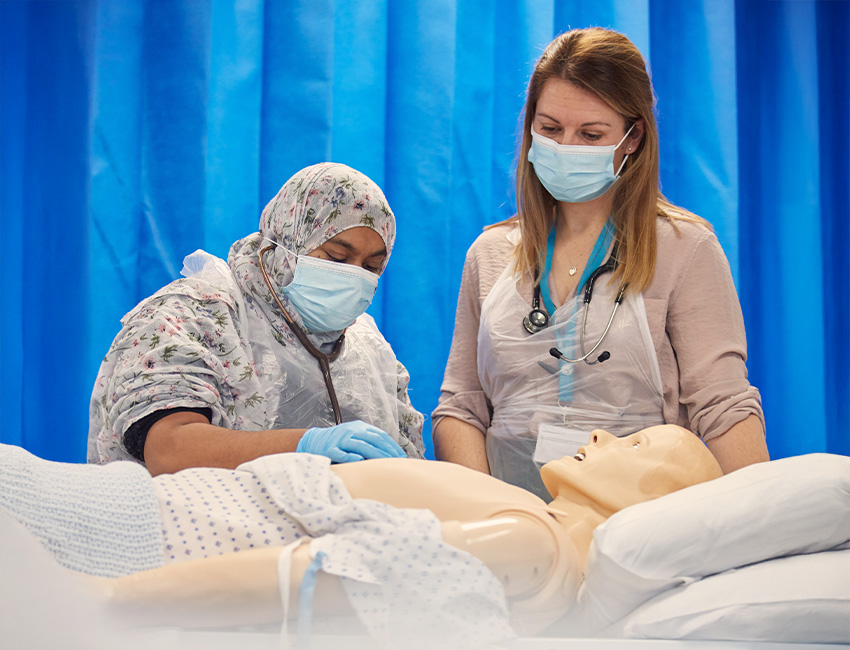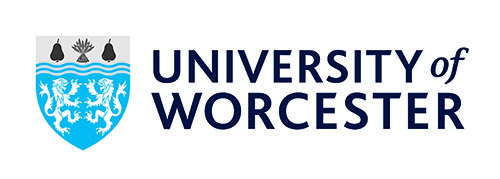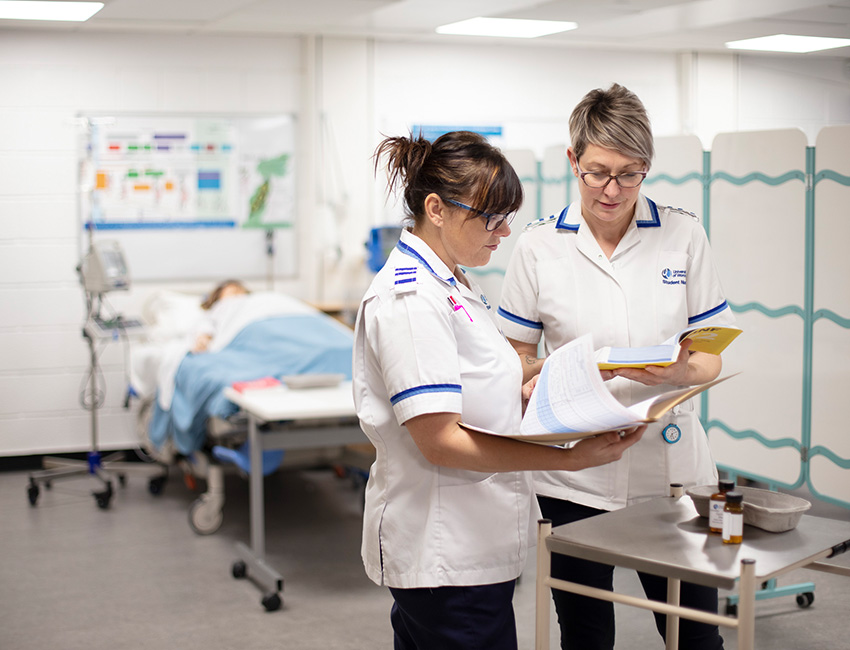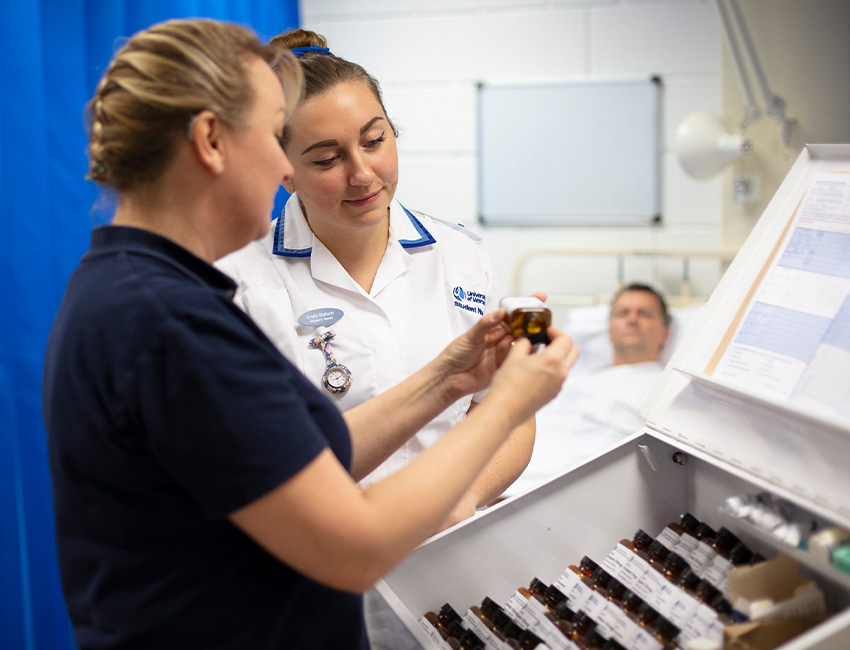This module is suitable for a wide range of healthcare professionals as a stand alone module as part of the PGCert Enhanced Clinical Practitioner course or the Professional Development Framework.
This module is part of the University’s Enhanced Clinical Practitioner PGCert course. You will study alongside other students on these courses. The module is also part of the Professional Development MA/MSc course - a flexible course that you help design to take your career to the next level.
Overview
This module prepares multi-professional enhanced practitioners to fulfil their role as a leader and educator with the skills to manage change through quality improvement approaches.
The intended learning outcomes of this module are:
- Critically analyse, and apply core leadership, change management and service improvement theory and models;
- Critically evaluate current theories relating to teaching and learning;
- Critically analyse mentorship and coaching theories incorporating effective assessment and feedback
Indicative module content includes (but not limited to):
Critical appraisal skills, principles and theories of coaching, leadership and role modelling, teaching, learning and assessment theory, change management, clinical risk management and quality improvement, the role of artificial intelligence in leadership, change and education.
Career benefits
Leadership, Change and Education for Enhanced Practice will enable you to develop your clinical professional knowledge and expertise within your sphere of practice.
An example of Graduate Attributes aligned to this module inlcude:
Reflective and resilient lifeling learning through critical reflection of principles and theories applied to advancing roles in practice.
Achievement of the module and key attributes within the Post Graduate Framework at masters level will provide potential for career development and progression within a variety of healthcare settings.
Module delivery
Students will be taught by a teaching team whose expertise and knowledge are closely matched to the content of the modules on the course.
A highly blended and flexible approach is taken to teaching and learning which consists of the following:
- 36 hours of online teaching
- 72 hours of directed and independent study
- 42 hours of preparation for assessment
On a typical day online day, contact time will be structured around:
- Flipped classroom
- Lead lecture available via the VLE (BlackBoard Ultra)
- Virtual workshops, seminars, or tutorials
- Asynchronous online discussion forum
The summative module assessment consists of an e-poster presentation to allow the student to demonstrate the application and analysis of a pathological process using a case-based approach. During formative assessment students will have the opportunity to gain peer and tutor feedback/feedforward in the development of the assessment.
Entry requirements
Applicants must hold an existing professionally regulated qualification e.g., NMC/HCPC.
In addition applicants must hold a lower second-class honours degree (2:2) in a health-related subject or an overseas equivalent OR Qualification and experience considered to be equivalent to the above.
Any questions?
If you have any questions about entry requirements, please call our Admissions Office on 01905 855111 or email admissions@worc.ac.uk.
Contact
If you have any questions, please get in touch. We're here to help you every step of the way.
Admissions Office
admissions@worc.ac.uk01905 855111




